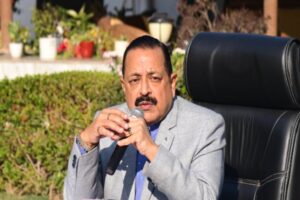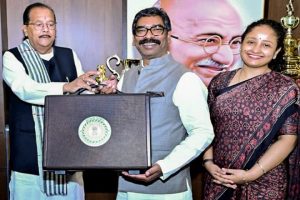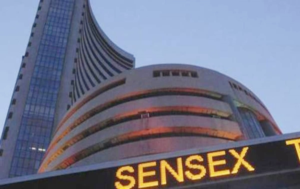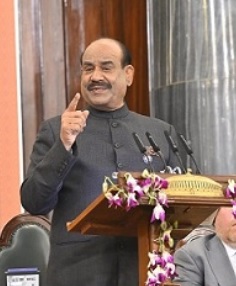Last Updated on May 27, 2025 6:50 am by BIZNAMA NEWS

AMN / NEW DELHI
India is charting a groundbreaking course towards sustainable aviation with the ambitious launch of the Electric Hansa (E-Hansa) project – a cutting-edge, two-seater electric trainer aircraft. This significant development was unveiled by Dr. Jitendra Singh, Union Minister of State for Science & Technology, during a high-level review meeting, signaling a new era for indigenous aerospace innovation.
Developed by the National Aerospace Laboratories (NAL) in Bengaluru, a CSIR institute, the E-Hansa is a testament to India’s growing self-reliance in advanced technology. “It is a matter of pride that the new aircraft is being indigenously developed,” Dr. Singh affirmed, emphasizing the nation’s commitment to homegrown solutions.
This revolutionary electric trainer is set to transform pilot training across the nation. Critically, the E-Hansa is projected to cost around ₹2 crore – roughly half the price of comparable imported trainer aircraft. This affordability, a cornerstone of the larger HANSA-3 (NG) program, promises to make pilot training more accessible and cost-effective. Beyond the economic advantage, the E-Hansa marks a pivotal stride towards India’s green aviation goals, championing the use of clean energy in the skies.
The high-level meeting, beyond the E-Hansa announcement, delved into strategies for bolstering India’s science and technology ecosystem. Dr. Singh passionately advocated for the commercialization of indigenous technologies and urged for stronger public-private partnerships (PPP). He directed the National Research Development Corporation (NRDC) to emulate successful models like DBT-BIRAC for accelerating technology transfer and private sector engagement. “Private players should not just be knowledge partners, but also investment partners,” Dr. Singh asserted, envisioning an AI-driven hub-and-spoke PPP model to ensure wider sectoral and geographic outreach.
The meeting also celebrated ISRO’s triumphs, with Dr. Singh commending the successful SPADEX mission – a crucial precursor to the Gaganyaan human spaceflight. He hailed ISRO’s integral role in “Operation Sindoor,” declaring, “Every Indian is proud of you.” Future collaborations with numerous Union Ministries and State Governments, alongside India’s participation in the Axiom Space Mission including Group Captain Subhash Shukla’s microgravity experiments, further underscore India’s expanding footprint in space.
Aligning with Prime Minister Narendra Modi’s ‘Viksit Bharat’ vision, Dr. Singh underscored a “Whole-of-Science and Whole-of-Government approach.” He proposed region-wise ‘Chintan Shivirs’ to foster integrated planning and synergy across all major science departments. To bolster biomanufacturing capabilities, the Minister suggested a “Global Science Talent Bridge” to attract top global researchers.
The E-Hansa’s maiden flight will not just be a test of technology, but a symbol of India’s flight towards a greener, more self-reliant future.








